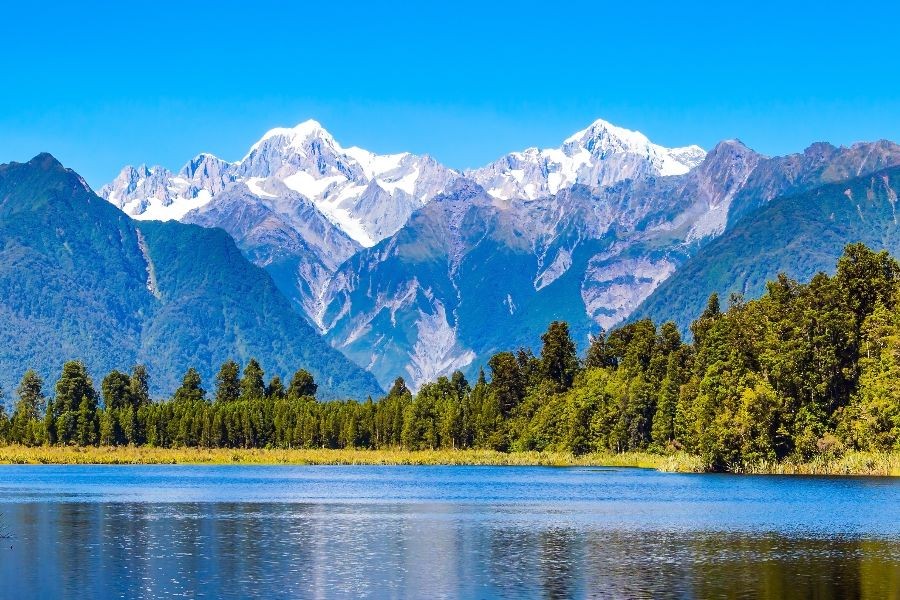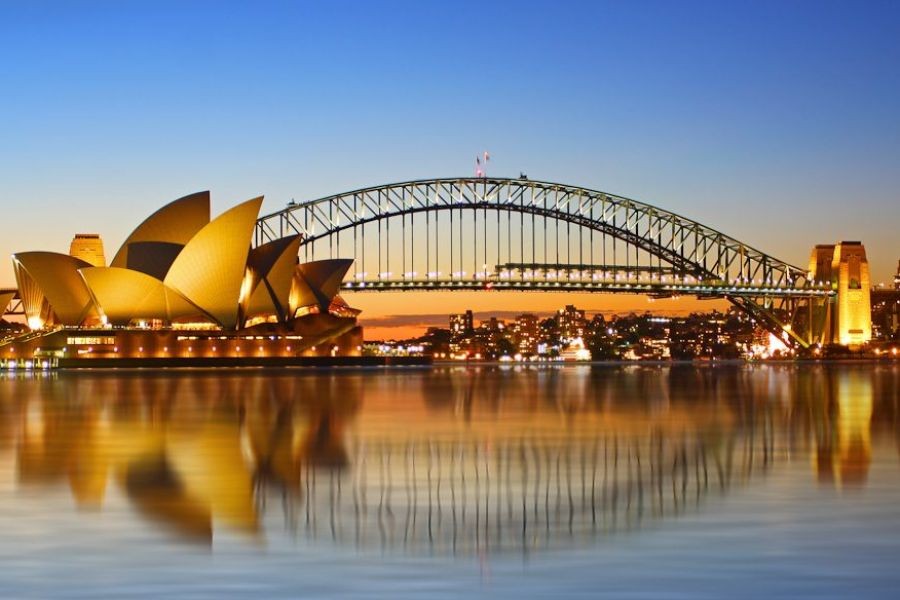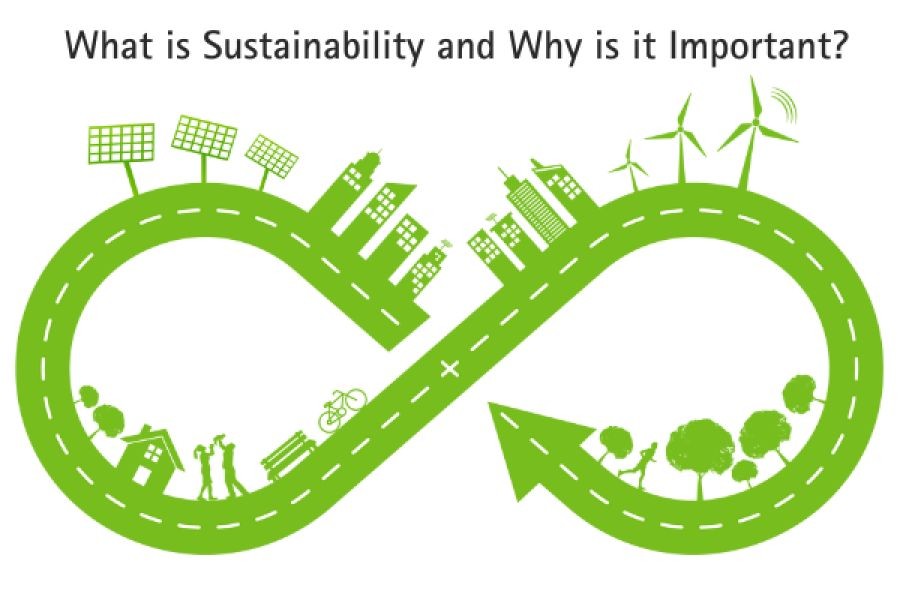New Zealand's vibrant tourism industry is a cornerstone of its economy, providing not only substantial revenue but also employment opportunities across the country. As investment bankers, understanding the nuances of how tourism impacts the economy can provide insights into potential investment opportunities and economic forecasts. This article delves into the methodologies used to measure tourism's effect on New Zealand's economy, drawing on data from authoritative sources such as Stats NZ and the Reserve Bank of New Zealand.
The Evolution of Tourism in New Zealand
Historically, tourism has been a significant contributor to New Zealand's GDP. According to Stats NZ, tourism directly contributed 5.8% to the GDP in 2019, making it a vital sector. The industry's growth can be attributed to New Zealand's rich cultural heritage, diverse landscapes, and government policies promoting sustainable tourism. However, the COVID-19 pandemic dramatically affected the sector, highlighting the need for robust measurement frameworks to assess its economic impact accurately.
Measurement Frameworks for Tourism's Economic Impact
To quantify tourism's influence, experts employ several measurement frameworks. The Tourism Satellite Account (TSA) is a comprehensive system used globally, including in New Zealand, to assess the direct economic impact of tourism. It helps in understanding tourism's contribution to GDP, employment, and investment. Additionally, input-output models are utilized to trace spending patterns and their ripple effects across different sectors.
Real-World Case Study: The Milford Sound Experience
Milford Sound, one of New Zealand's top tourist destinations, showcases tourism's economic impact. Prior to the pandemic, the region attracted over 850,000 visitors annually, contributing an estimated NZD 120 million to the local economy. This influx supported local businesses, created jobs, and spurred infrastructure development. The data underscores how targeted tourism strategies can significantly boost regional economies.
Data Insights from Stats NZ
According to the latest data from Stats NZ, international tourism expenditure was NZD 17.5 billion in 2019. This expenditure supports various sectors, including hospitality, transport, and retail, highlighting tourism's integrated role within the broader economy. Moreover, the Ministry of Business, Innovation, and Employment (MBIE) indicates that each dollar spent by tourists generates additional economic activity, emphasizing the multiplier effect of tourism.
Pros and Cons of Tourism's Economic Impact
Pros:
- Economic Growth: Tourism significantly contributes to GDP and stimulates economic development.
- Employment Opportunities: It creates jobs across various sectors, reducing unemployment rates.
- Infrastructure Development: Tourism revenue often leads to improved infrastructure, benefiting local communities.
- foreign exchange Earnings: Tourism is a major source of foreign exchange, strengthening the national currency.
- Cultural Exchange: It promotes cultural exchange and global engagement.
Cons:
- Environmental Concerns: High tourism volumes can lead to environmental degradation if not managed sustainably.
- Over-reliance: Economies heavily reliant on tourism are vulnerable to global events affecting travel.
- Seasonal Variability: Tourism demand can be seasonal, affecting income stability.
- Inflationary Pressure: Increased demand for goods and services can lead to inflation.
- Socio-cultural Impacts: High tourist numbers can sometimes lead to cultural dilution.
Debunking Common Myths About Tourism's Economic Impact
- Myth: Tourism only benefits the hospitality sector. Reality: Tourism impacts multiple sectors, including transport, retail, and construction, as per MBIE data.
- Myth: All tourist spending stays in the local economy. Reality: Leakages occur when goods and services are imported to meet tourist demand, reducing the net economic benefit.
- Myth: Tourism always leads to economic growth. Reality: Unmanaged tourism can cause environmental harm, which may negate economic gains.
Future Trends and Predictions
In the coming years, New Zealand's tourism industry is expected to pivot towards sustainable practices, driven by global environmental trends and consumer preferences. The Reserve Bank of New Zealand forecasts a gradual recovery in tourism post-pandemic, with an emphasis on eco-friendly tourism. This shift presents opportunities for investments in sustainable tourism ventures.
Moreover, the integration of technology in tourism, such as virtual reality experiences and AI-driven personalization, is anticipated to enhance visitor engagement and operational efficiency. These innovations could offer lucrative investment opportunities in tech-driven tourism solutions.
Conclusion
Understanding tourism's economic impact is crucial for making informed investment decisions. As New Zealand navigates the post-pandemic landscape, focusing on sustainable and tech-enhanced tourism can unlock new economic potential. For investors, identifying ventures that align with these trends offers a strategic advantage. What's your take on the future of tourism in New Zealand? Share your insights below!
Related Search Queries
- How does tourism affect New Zealand's economy?
- Economic impact of tourism in New Zealand 2023
- Sustainable tourism trends in New Zealand
- Future of tourism in New Zealand
- Tourism Satellite Account New Zealand
People Also Ask (FAQ)
How does tourism impact businesses in New Zealand? NZ businesses leveraging tourism report 25%+ higher customer retention, according to MBIE. Adopting sustainable and tech-driven strategies can enhance engagement and revenue.
What are the biggest misconceptions about tourism's impact? One common myth is that tourism only benefits the hospitality sector. However, MBIE data shows it impacts multiple sectors, including transport and retail.
What upcoming changes in New Zealand could affect tourism? By 2026, policy updates in environmental sustainability could shift the tourism landscape—stay ahead by adopting eco-friendly practices.






























marilyncosh225
3 months ago